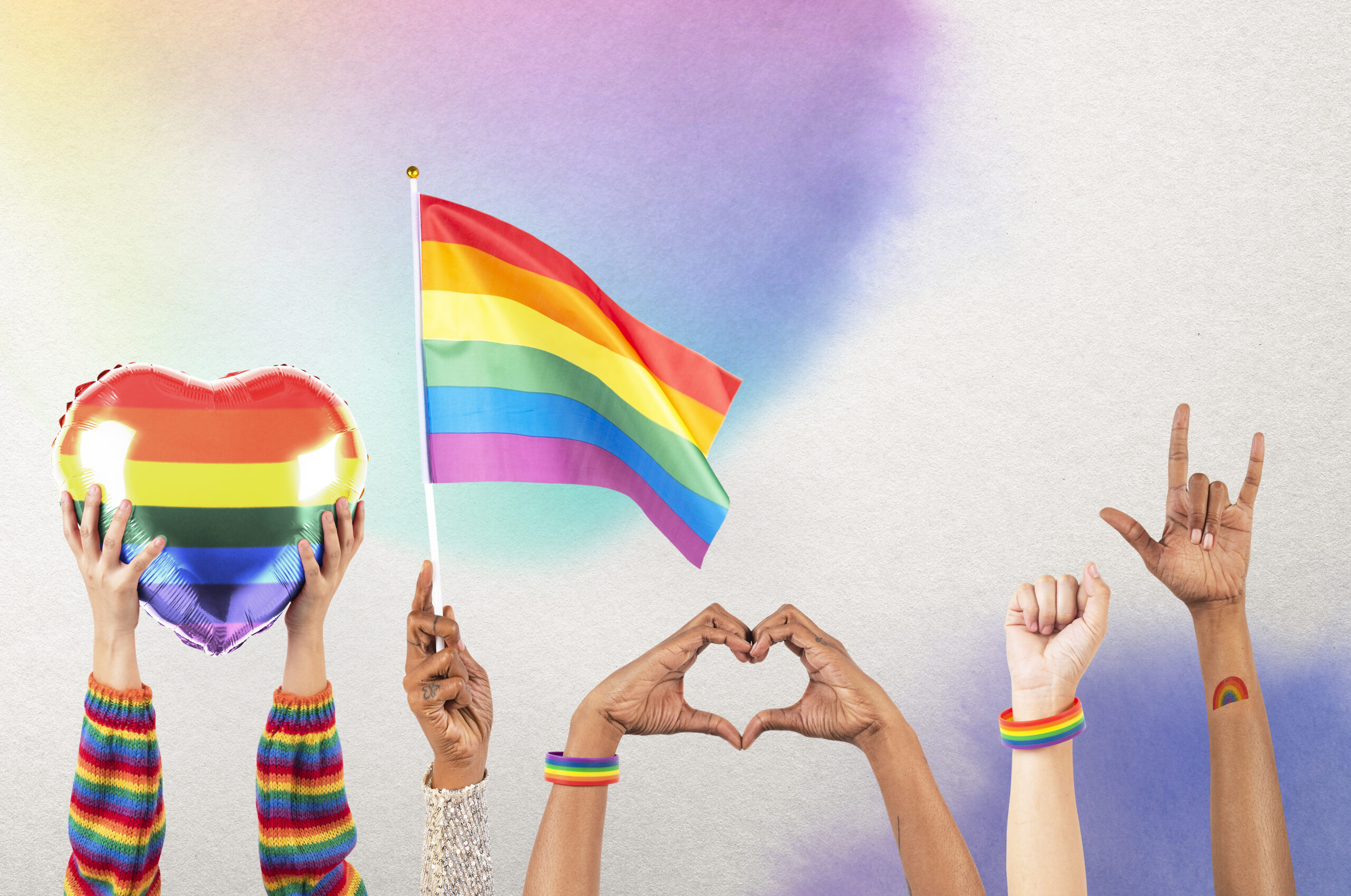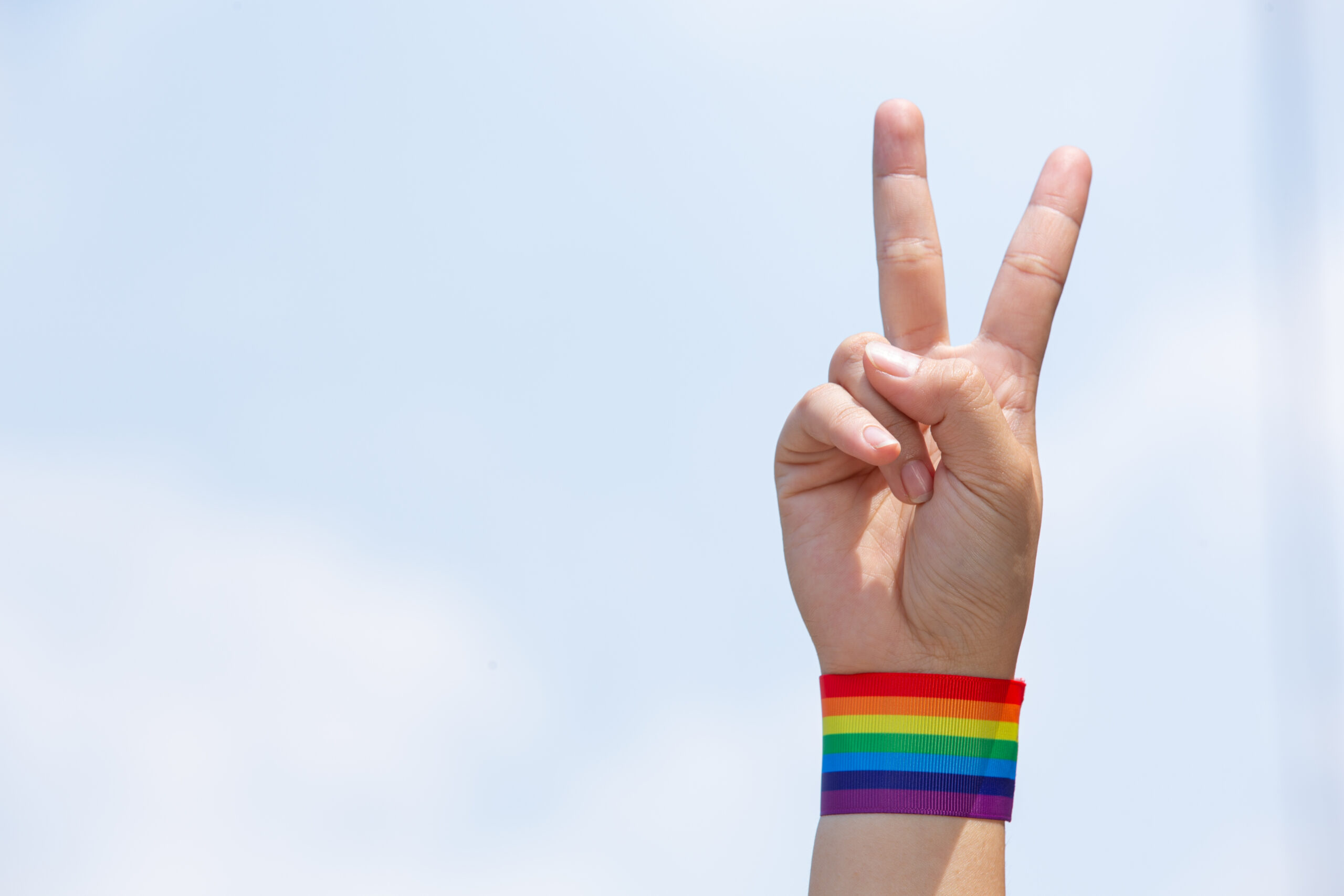
Introduction
The desire to build a family is universal, but for many LGBTQ+ parents, the path to parenthood can be particularly complex.
Surrogacy has emerged as a powerful means of fulfilling this dream, especially for gay men and transgenders who may not be able to conceive biologically. However, the legal landscape surrounding surrogacy and LGBTQ+ rights is anything but uniform.
Across the globe, laws governing gender identity, parental recognition, and assisted reproductive technologies vary widely, creating an unpredictable and often hostile environment for intended parents.
Legal challenges and global inequalities
One of the most pressing challenges arises in the post-birth phase, where intended parents (especially LGBTQ+ individuals) must navigate complex legal processes to confirm their parental rights. Whether through traditional stepparent adoptions or more streamlined procedures in certain jurisdictions, these legal steps often prove cumbersome.
In many countries, intended parents must demonstrate a biological connection to the child or undergo legal adoption procedures, even if their names are already on the birth certificate. This process not only delays the full recognition of their parental status but also exposes families to unnecessary legal scrutiny and discrimination.
Recognition of LGBTQ+ parents
While surrogacy has become more common, especially in North America and parts of Europe, legal systems still lag behind in providing adequate protections for LGBTQ+ parents.
In many countries, parentage is closely tied to heteronormative family models, and birth certificates or legal documents often fail to reflect the diverse realities of LGBTQ+ families.
For instance, in countries like Italy or Poland, same-sex couples are not recognized as legal parents unless one partner adopts the child, a process that is both lengthy and uncertain. In France, despite the recent extension of ART (Assisted Reproduction Technology) to lesbian couples, surrogacy remains illegal, forcing many French parents to seek solutions abroad. Similarly, in many Eastern European and Asian jurisdictions, surrogacy is either unregulated or restricted to heterosexual married couples.
Gender Identity and parental rights
For transgender parents, the issue of gender recognition is especially sensitive.
Legal recognition of gender varies drastically from country to country. In some nations, individuals can self-identify their gender, while in others, invasive medical procedures or court rulings are required. These inconsistencies create unique complications for transgender intended parents undergoing the surrogacy process.
For example, a transgender man who legally changed his gender in one country may not be recognized as male in another jurisdiction. This discrepancy can lead to legal confusion over the parent’s rights and responsibilities. In cases where the legal system fails to acknowledge the intended parent’s gender identity, it may even refuse to recognize them as a legitimate parent.
In practice, this means that intended parents often find themselves entangled in bureaucratic and judicial battles simply to be listed on their own child’s birth certificate. It also raises the stakes for choosing a surrogacy destination with favorable legal structures.
Discrimination and the cost of family
The 2022 report by the Center for American Progress highlights the stark reality of LGBTQ+ discrimination globally. LGBTQ+ individuals face barriers in employment, housing, healthcare, and education—barriers that extend deeply into family life and reproductive rights. Transgender people, for instance, report high rates of discrimination in medical settings, which can complicate access to necessary fertility treatments.
In addition, the cost of international surrogacy can be prohibitively high, limiting access for many LGBTQ+ individuals. Even when financially feasible, the legal hurdles can be daunting. These include immigration and citizenship issues for children born abroad, adoption procedures, and legal fights over parentage.
The reality is that for many LGBTQ+ intended parents, surrogacy is not simply a medical or logistical process, it is a human rights challenge.
2025 U.S. changes under the Trump Administration
As of 2025, new policies introduced by the Trump administration have further complicated the legal recognition of LGBTQ+ families in the United States. One major shift has been the rollback of federal protections for transgender individuals, specifically relating to how gender is recognized on official documents such as passports and birth certificates.
Under the new regulations, gender is determined based on a binary, biological framework, often relying on the sex assigned at birth.
This has critical implications for transgender intended parents. If a transgender man, for example, is not legally recognized as male under U.S. law, this can affect his parental status in surrogacy arrangements, especially when dealing with immigration, hospital documentation, or legal parentage filings.

Birthright citizenship
In parallel, the administration has also moved to redefine eligibility for birthright citizenship (ius soli), proposing that children born abroad through surrogacy may not automatically qualify for U.S. citizenship if both parents are of the same sex or if one is transgender and their gender is not recognized under current federal definitions.
This redefinition places additional burdens on LGBTQ+ parents, particularly those pursuing international surrogacy, who may now have to engage in prolonged legal battles to secure citizenship for their children.
These legal obstacles mark a significant regression in the recognition of diverse family structures and highlight the urgent need for comprehensive reform.
Moving forward
While some progress has been made in recognizing LGBTQ+ parenting rights, the road ahead is still steep.
Harmonizing gender recognition laws, simplifying international surrogacy processes, and ensuring equal treatment in citizenship policies are crucial steps in affirming the rights of all families.
Surrogacy agencies, legal experts, and LGBTQ+ advocacy groups must work together to pressure lawmakers, raise awareness, and provide safe and supportive pathways for those seeking to build a family.
We believe that everyone deserves the right to become a parent, regardless of gender identity or sexual orientation. Through careful legal guidance, ethical partnerships, and a commitment to human dignity, we aim to support all intended parents in their journey to create the family they dream of.
Your journey may be complex, but you are not alone.

